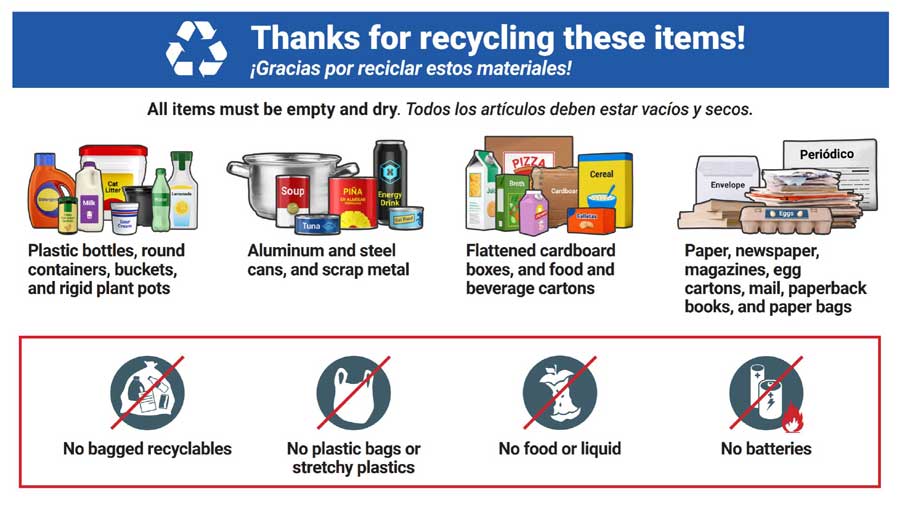OTHER VIEWS: Watch the costs and benefits of state’s climate protection plan
Published 5:00 am Sunday, March 17, 2024

- other views logo
Oregon’s climate protection plan is getting a do over.
The new plan designed by the Oregon Department of Environmental Quality will likely be a lot like the old. It would set limits on greenhouse gas emissions from oil and natural gas companies among other things. And that cap would decline over time.
Natural gas companies that operate in Oregon — Northwest Natural, Avista and Cascade Natural — successfully sued to stop the previous plan. They argued, in part, that the state failed to adhere to rules for public disclosure when the plan was being developed and therefore the plan should be invalidated. The Oregon Court of Appeals decided in December that DEQ did not comply or even substantially comply with noticing requirements.
“DEQ strongly disagrees with the court’s decision, but we accept it,” DEQ Director Leah Feldon said in January. “The Climate Protection Program is a critical component to meeting Oregon’s greenhouse gas reduction goals. Instead of pursuing the lengthy and uncertain appeals process, we’re taking the shortest path to reinstating the program — going back through the rulemaking process.”
This part of Feldon’s statement is curious: “strongly disagree with the court’s decision, but we accept it.” We are not sure if she was challenging the legal reasoning of the court or what. We emailed DEQ Wednesday morning for an explanation. It did not respond by our deadline for this editorial. After this editorial was published, DEQ did get back to us.
The statement “reflects what DEQ argued in the Oregon Court of Appeals, which is that its comprehensive, 18-month rulemaking process substantively complied with that rule,” Lauren Wirtis, DEQ’s communication and outreach manager, wrote in an email. “Therefore, while don’t agree with the court’s ultimate decision, and argued the opposite of their decision, rather than asking the Oregon Supreme Court to review that decision (a process that could take as long as another two years), we accept it and are moving forward to rectify the situation and re-establish Oregon’s foundational climate protection program.”
Of course, what matters so much more is what this climate protection plan will look like, how well will it reduce greenhouse gas emissions and what impact will it have on the lives of Oregonians.
Maybe you would focus on something else about the program, but we have been zeroing in on estimates of the costs and benefits. Fuel suppliers would face increasing costs. They could reduce fossil fuels or pay more. Industry groups maintained the previous plan would double the price of natural gas by 2050 and raise other costs for consumers, such as on gasoline. The industry group estimates of those cost increases were much higher than DEQ’s estimates.
Go figure.
Whatever regime for controlling emissions DEQ comes up with, we think, again, the critical thing to watch will be the estimates of costs and benefits for Oregonians and how they are distributed.










